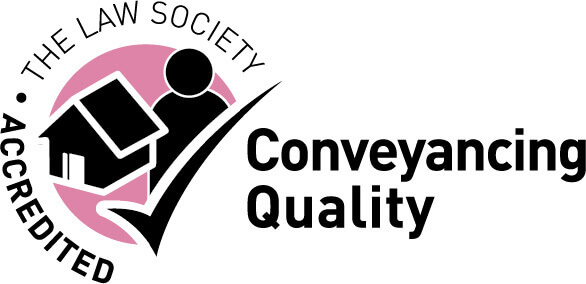- EMPLOYMENT LAW UPDATEHatchers quarterly newsletter contains the summary of the key developments in Employment Law during June, July, and August 2021.
Mandatory Vaccinations
The UK government have introduced regulations making vaccinations compulsory for care home staff from 11 November 2021.
Staff employed by registered care homes (regulated by the Care Quality Commission) must therefore be fully vaccinated against Covid-19 by the above date, unless they are medically exempt. The duty is cast extremely wide and will apply to all employees, volunteers, agency workers, tradespeople, hairdressers and beauticians that may carry out services for, or within the care home.
Acas have recently released guidance for employers on supporting staff to get vaccinated, which can be found on their website: https://www.acas.org.uk/working-safely-coronavirus/getting-the-coronavirus-vaccine-for-work
A judicial review claim has been filed by two care home staff challenging the above legislation on the alleged ground that it violates the European Convention of Human Rights.
Coronavirus Job Retention Scheme (‘CJRS’)
The Coronavirus Job Retention Scheme will end on 30 September 2021.
For claims from 01 July to August 2021, employers must top their employees’ wages up to 80% of their wages (capped at £2,500) for the hours they are on furlough.
For claims from August to September 2021, the government will pay 60% of wages up to a maximum cap of £1,875 for the hours the employee is on furlough. Employers must top their employees’ wages up to 80%.
An employer’s final claim for furlough days must be submitted by 14 October 2021.
Right to Work checks
The UK government have extended the temporary Covid-19 measures for right to work checks to 05 April 2022.
Employers will continue to allow checks to be carried out over video calls for job applications and existing workers. These individuals are permitted to send scanned documents or a photograph to the employer rather than sending the originals.
Case Law
Several cases have been brought concerning claims for unfair dismissal and complaints in relation to Covid-19 measures and employment law practices (for example, Gibson v Lothian Leisure ET and Accattatis v Fortuna Group (London) Ltd). A number of these cases involved employees raising concerns about the lack of Covid-secure workplace measures and turned upon whether the employer had taken reasonable steps to protect them or their family from the serious and imminent threat of coronavirus. We can expect further case law development in this area.
A handful of cases brought before the Employment Tribunal have centred upon whether furlough should be used as an alternative to redundancy and provided useful guidance to employers during the operation of the CJRS. These cases have successfully argued that it may be unfair if furlough is not considered as an alternative to redundancy, or a good explanation is not provided as to why furlough was rejected and cannot be provided to an employee.
Finally, a member of the public, who is profoundly deaf and visually impaired, has successfully brought a discrimination claim against the Cabinet Office. As a service provider, the Cabinet Office had a duty to make reasonable adjustments under the Equality Act 2010, however they were found to have failed to comply with this duty as they did not provide a BSL interpreter for live briefings which were intended to engage the involvement and understanding of the public.
Disclaimer:
The content of this Newsletter is descriptive of its subject matter only and must not be relied upon as providing specific legal advice. The partners of Hatchers Solicitor LLP and the writer of this Newsletter will not, except as required by law, be liable for any loss or damage arising from reliance on any information provided in this Newsletter. The content of this Newsletter is copyright and cannot be reproduced.
For further information on current employment legislation and/or to be added to our mailing list, please contact Hatchers Solicitors Employment Law Team on 01743 248545.





